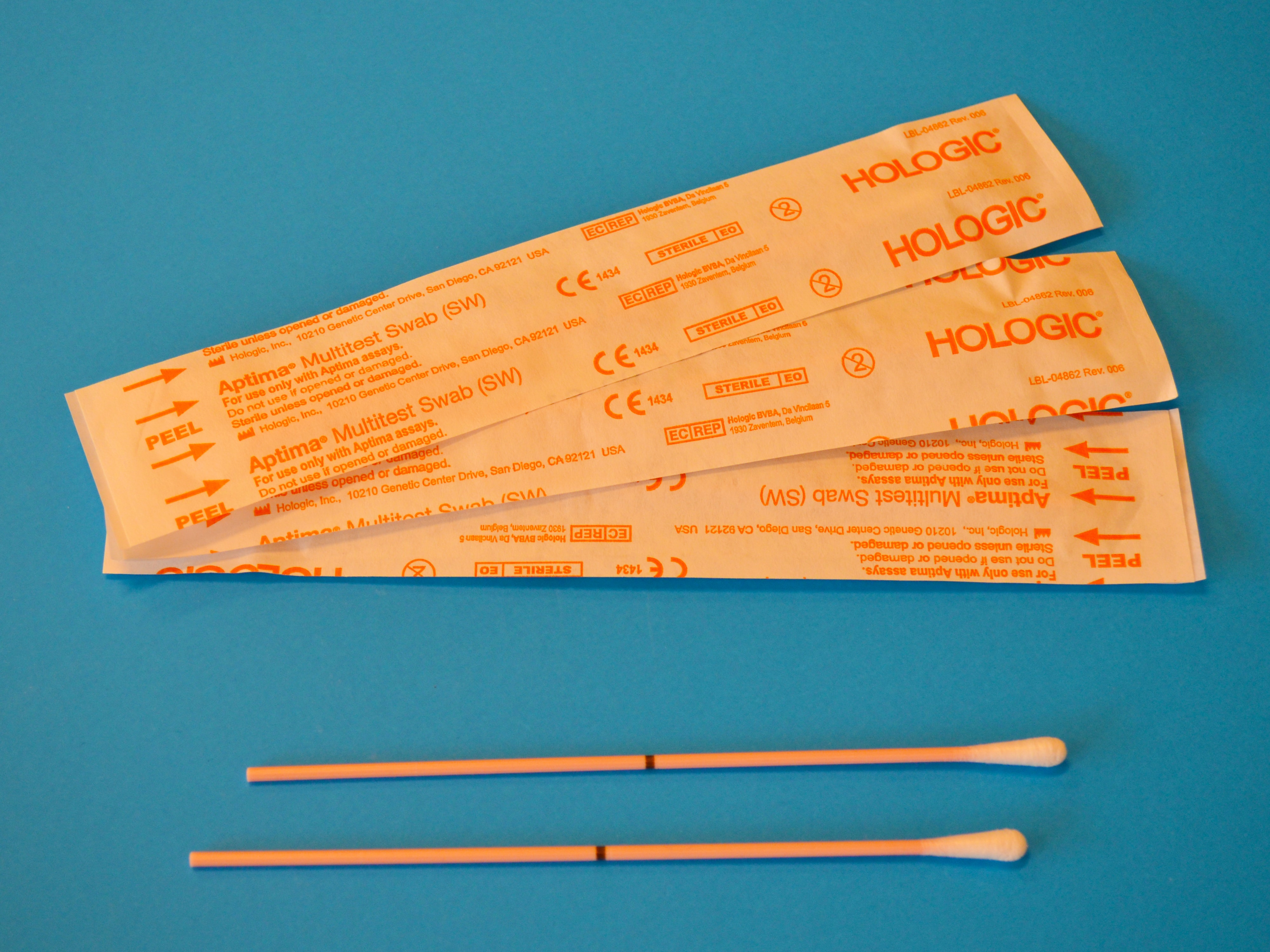
By Frannie Edward-Hughes
The World Health Organization reports that an estimated 374 million people are affected by sexually transmitted infections (STIs) or sexually transmitted diseases (STDs) every year. The terms STI and STD can be used interchangeably, but the term STD is surrounded by more stigma due to the implication of the word disease. Healthcare professionals are making the switch to only using the term STI due to STDs negative connotation.
The University of Puget Sound has also been working to remove the overall stigma around testing and talking about STIs. Getting screened for sexually transmitted infections is extremely important and should be done at least once a year for a sexually active person. Being screened for an STI means that a person is being tested without showing any symptoms. Many people believe that one needs to have symptoms present to have an STI, but many of these infections are asymptomatic, meaning getting yearly screenings is extremely important. Regardless, STI symptoms to look out for may include pain with urination, unusual discharge, pain with intercourse, or visible sores and bumps. Sexually active people should be aware of these symptoms, and if they do appear, they should get tested.
Getting tested can seem inaccessible and scary, but it is the only way people can make sure they are not infected. The University of Puget Sound works to make testing highly accessible. Counseling, Health & Wellness Services (CHWS) at the University has a helpful webpage with all of the STIs and STDs that can be tested for at the school along with approximate costs listed. This page helps reinforce the University’s point to make STIs less stigmatized. Danielle Bus, Wellness Education and Prevention Specialist at CHWS, says that she wants students to know that getting tested, “is not something that people should be ashamed of doing,” and that, “it really is just like other preventative types of care, like getting vaccines, or getting a physical every year.”
One of the prohibiting factors of getting tested for students is the cost, but there are places in Tacoma that offer free STI testing. Planned Parenthood, which is within a 10-minute drive from campus, offers free or sliding scale tests for people without insurance. The Washington Department of Health also maintains a website that lists free places to get tested by county.
As far as preventive measures, the University offers condoms and dental dams, as well as lube and the morning-after pill at the vending machine outside of CHWS. The Associated Students of The University of Puget Sound (ASUPS), located in Wheelock Student Center, also sells condoms in the vending machines as well as the morning-after pill. Students at the University can call the triage nurse after CHWS hours to discuss symptoms they may be having or questions. Information that students find online regarding STIs can be misleading and the University highly recommends that students come in and get tested if they have any concerns whatsoever. So let’s get tested!
